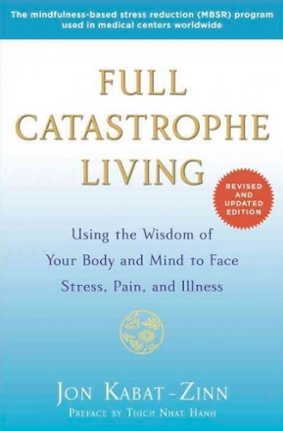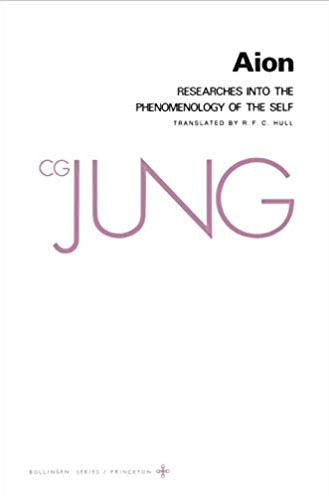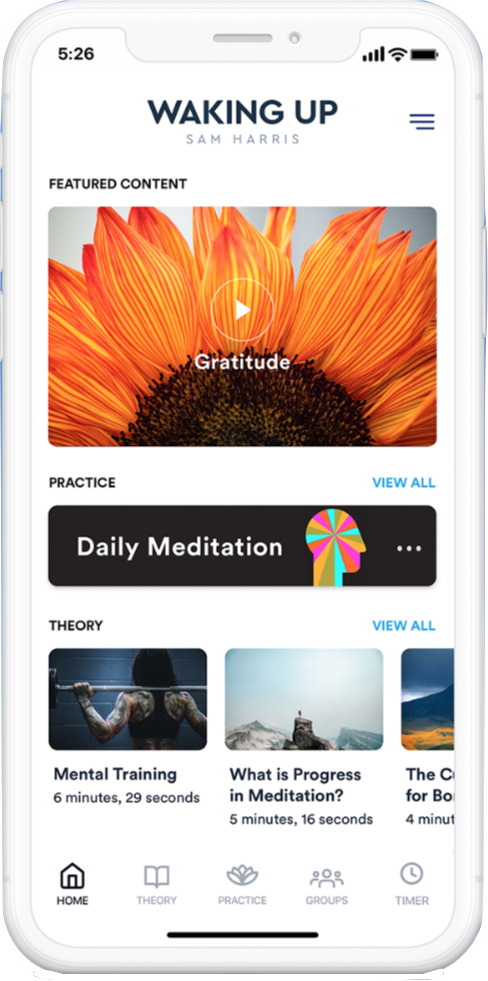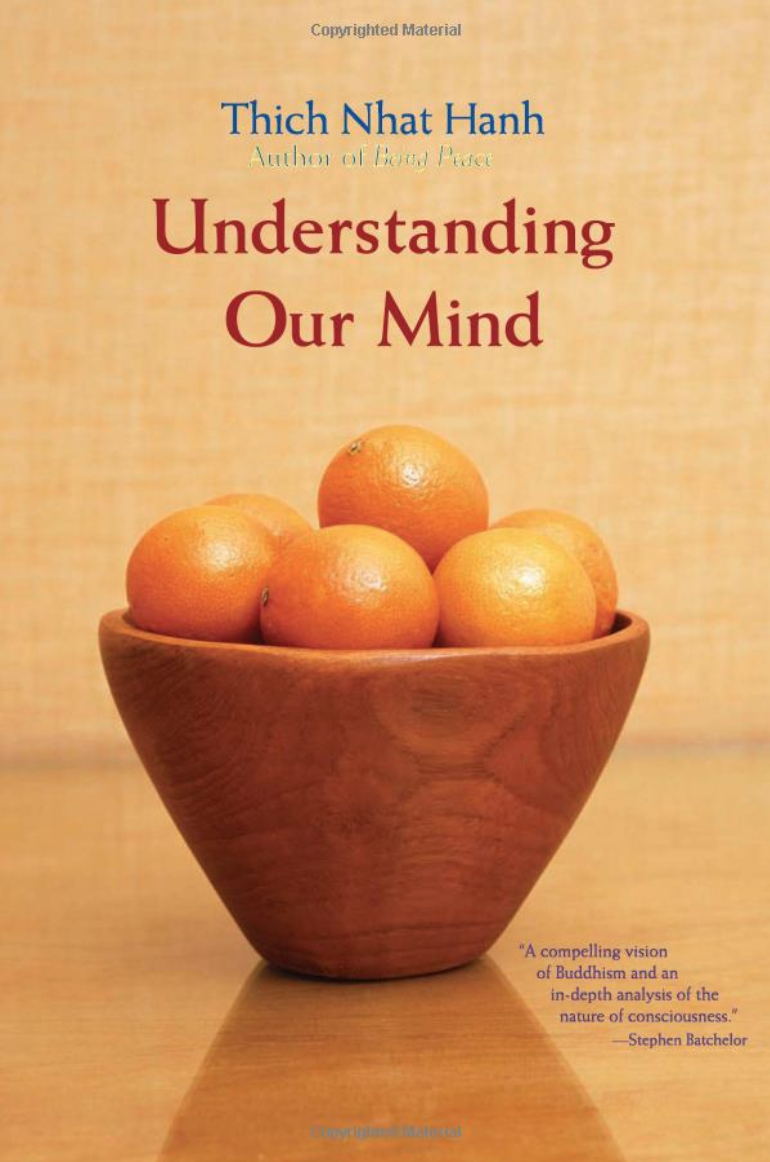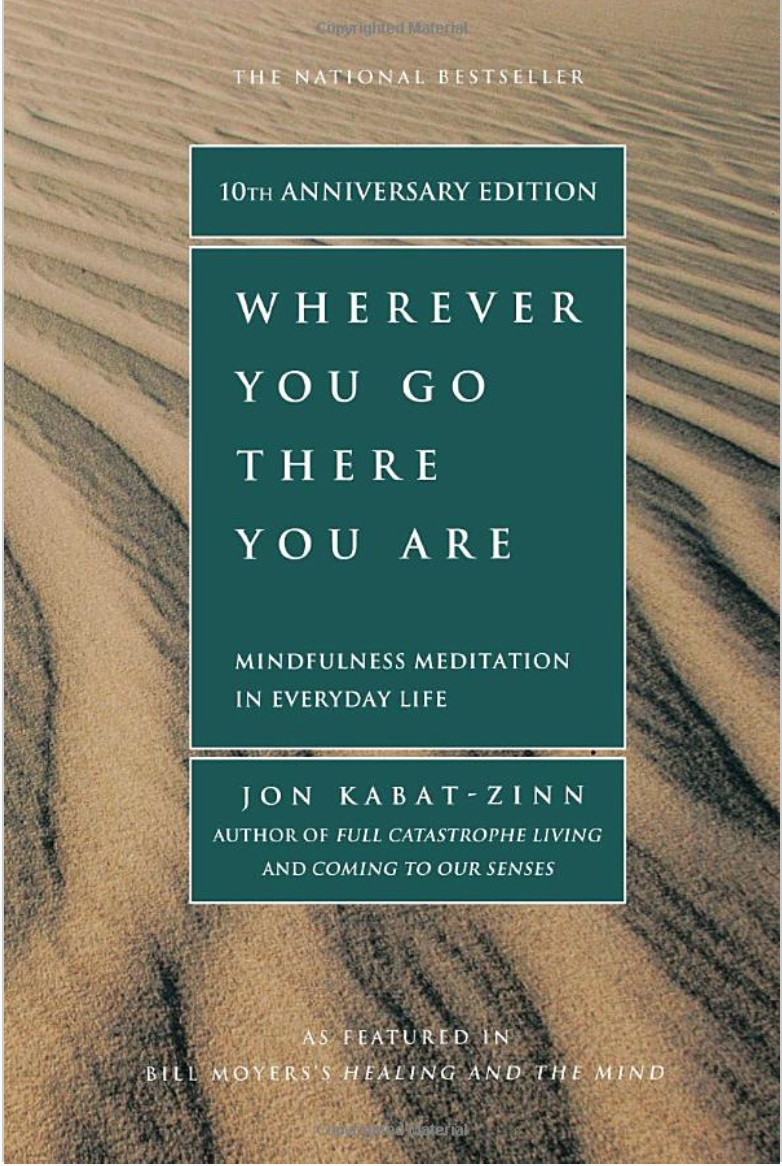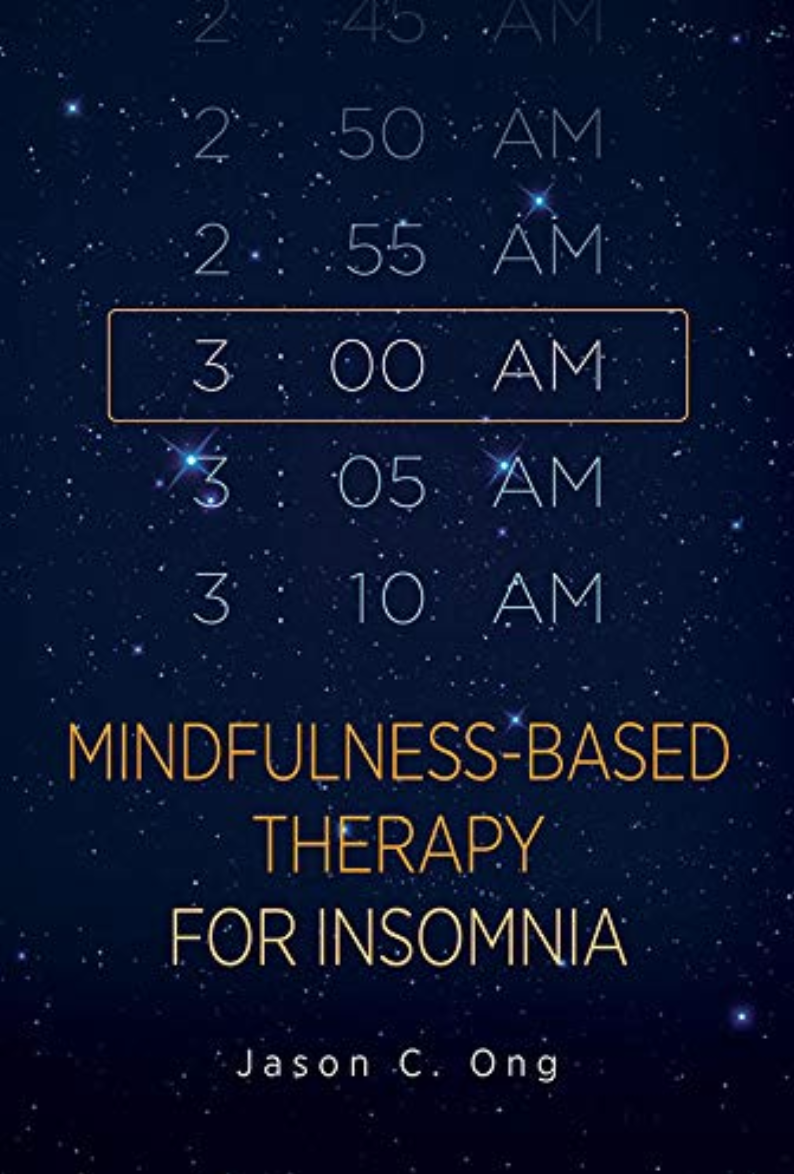What is mindfulness?
Mindfulness is the Art of Choice – deliberately engaging with the mind & making conscious choices from moment to moment. Mindfulness is a form of mental fitness.
How do I practice?
Mindfulness is fitness and meditation is the exercise. Guiding attention on purpose and maintaining awareness in a specific way.
What are the benefits?
Practicing mindfulness offers a wide range of benefits such as increasing happiness, improving attention, decreasing stress, better relationships, and an overall upgrade in life-satisfaction.
Being mindful means making wise decisions from moment to moment. Rather than being driven by impulses, judgments, fears, desires, etc. (i.e. being mindless). Mindfulness is a skillful, purposeful way of being.
Benefits of mindfulness
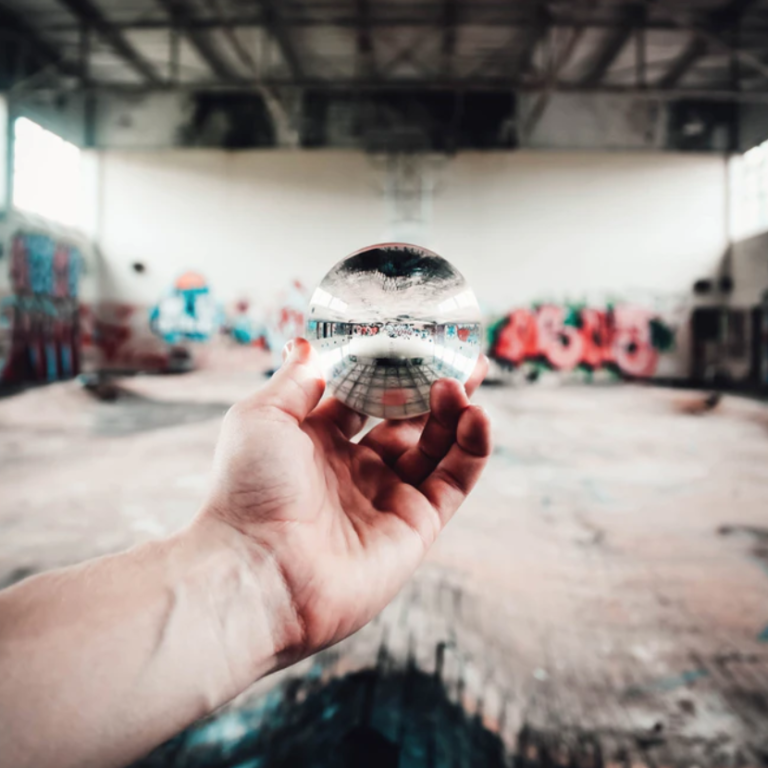
Focus, concentration, paying attention… these terms refer to intentional conscious perception. Think of attention as a currency just like money. We “pay” attention just like we’d pay someone in dollars. Something grabs our attention, we focus on it for a moment, and then the moment is spent. But what we pay attention to makes up our entire experience in those moments. So how do we want to pay our attention and spend our time?
Moments turn into hours, hours turn into days, and days turn into years. Before we know it, these small moments add up and we wonder how it flew by so fast. Were we just “impulse-buying” the whole time?
“Time may change me, but I can’t change time.” – David Bowie (Mandela effect on those lyrics perhaps – are you paying attention?)
We can’t change time; the present moment is all we get. But we CAN change what we do with our attention in the time we have.
The quality of our experience depends on how we use our attention in these moments. And again, moments turn into hours… hours turn into days… do the math, you’ll see the quality of our LIFE depends on how we spend it in the present moment.
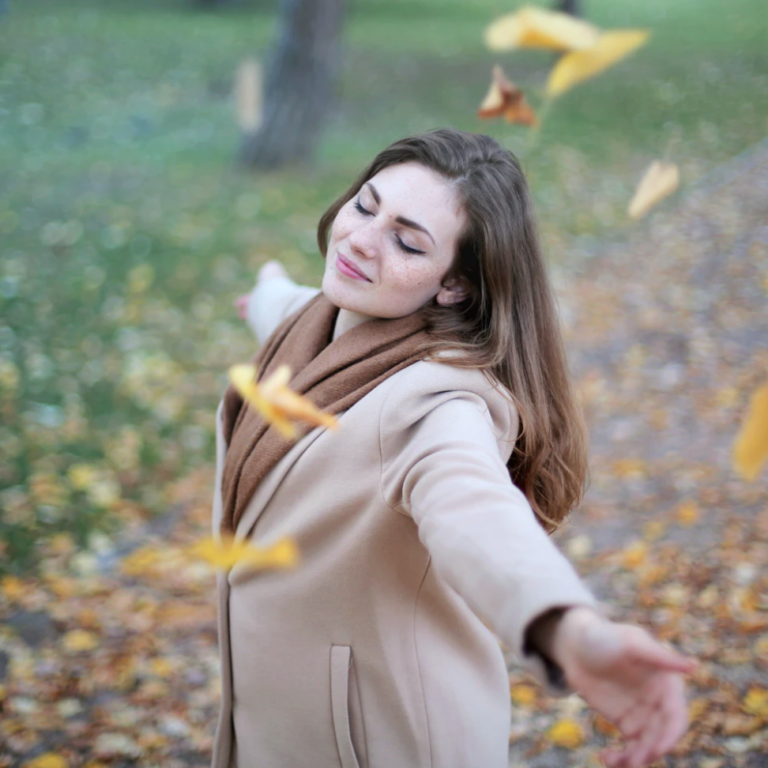
Awareness is the quality of our attention and perception. We are aware of what we pay attention to and thus what we perceive. Mindfulness teaches us how to pay attention purposefully which leads to a different quality of perception; a different quality of experience.
Instead of being pulled around by impulses, being thrown into a terrible mood, getting ‘hangry’, or having our whole day ruined by one moment, we learn to pause, zoom out, observe, and most importantly: Choose how to respond.
Most of our thoughts and behaviors are driven by unconscious and subconscious processes. But with Mindfulness, we can bridge the gap and bring more conscious awareness to how we think and what we do.
It’s only with increased awareness of this ability that we become more capable of responding rather than reacting mindlessly. We can choose to shift our perspective and see each moment a bit more clearly, with a bit more context.
The practice of mindfully improving attention and awareness helps us self-reflect and self-regulate so we don’t make unnecessary mistakes and cause needless suffering.

Relationships are perhaps the most important part of life. Not just romantic relationships, but how we relate in general. The way we relate to our thoughts, our behavior patterns, our work, our past, and how we relate to others – relatives, kids, parents, co-workers, friends, foes, and even people we don’t know – all these relationships matter.
This is where Mindfulness really proves its value. When we direct non-judgmental attention towards our own thoughts, we become aware that our thoughts tend to influence our mood and our behavior. And as we know, our behavior influences the quality of every experience and every relationship we have in life.
Actions have consequences. What we do ripples out into the world, for better or for worse. When we’re more mindful of what drives us, we make more wise decisions, and the consequences are more favorable for us and for the people we love.
It all starts with observing the behavior of the mind. Meditation is a great exercise because we can just watch and notice what the mind is doing. This increases familiarity, and thus creates more self-awareness. It’s really that simple, and just like after a good workout, it’s incredibly refreshing.
Try it and see what it does for your relationships!
Mindfulness Articles
Lucid nightmares can be unsettling. You find yourself fully aware that you're dreaming, but instead of a wonderful, pleasant lucid dream, you’re trapped in a panic. These lucid nightmares can leave you feeling stuck, powerless, and shaken, even after…
Introduction: In the chaos of our modern lives, finding a moment of tranquility becomes increasingly crucial. Meditation, an ancient practice that has withstood the test of time, offers us a gateway to inner peace and self-discovery. Let’s explore some of…
The importance of mindfulness and meditation are more widely understood today than at any point in recent history. Once viewed as tools for yoga enthusiasts and spiritual types, these practices are now accepted by a growing number of people as…
As we dive into these little-known facts about lucid dreaming, let's start with one about sleep and dreams in general: We dream for more than 2 hours per night On average, people need 7-9 hours of sleep per night. As we'll…
Meditation and lucid dreaming share the same origin Typically, we think of meditation and lucid dreaming as two distinct practices. However, they both stem from the same origin: Tibetan Buddhist Dream Yoga. In this ancient tradition, both exercises were practiced together as one…
If you’ve ever experienced sleep paralysis, you already know how disturbing it can be. But understanding this phenomenon can help put your mind at ease if it happens again. In this article, we’ll cover what sleep paralysis is, what tends to cause it,…
What is lucid dreaming? Before diving into how to lucid dream, you should understand what exactly lucid dreaming is. Simply put, lucid dreaming is conscious awareness of the fact that one is dreaming during a dream. While we're sleeping, particularly…
What is stress? Stress is the body’s natural reaction to an external or internal sense of threat. A good example is the fight or flight response mechanism that is programmed into our DNA. When we feel like we're in danger,…
A powerful yet simple guide to mastering a modern-day meditation practice. Why Meditate? Through daily meditation practice, we can lower our stress levels, improve our focus, connect with others, reduce mindless thought patterns, and live in the present moment. Most…
Mindfulness is much more than simply 'present moment awareness'. There are many teaching styles, exercises, and theories on Mindfulness and meditation. In this article, we’re going to explore some of our favorite mindfulness books, from step-by-step guides to personal narratives…
In this article, we’re going to cover some of the most valuable benefits of mindfulness, what it is exactly, how to practice it, and how mindfulness can improve our lives and the lives of those around us. Mindfulness meditation has…
Mindfulness has become increasingly integrated into Western culture. In fact, it’s grown so popular, and valuable, that Apple has included Mindfulness as one of the four pillars of health, right alongside Diet, Exercise, and Sleep in HealthKit, as well it…
Resources
Waking Up Mobile App by Sam Harris: a Philosopher, Neuroscientist, best selling author, and an excellent Mindfulness instructor. He has practiced & studied meditation for over 30 years with many Eastern, and Western meditation teachers. I highly recommend his app – it is very informative and has influenced how I think about and teach mindfulness in Mind Awake.
Mindfulness-Based Therapy for Insomnia by Jason Ong. Dr. Ong provides a nice instructional outline for mapping mindfulness onto Cognitive Behavioral Therapy for Insomnia (CBT-I), the leading behavioral treatment for Insomnia. This book hit close to home for me as I work in a Sleep Medicine clinic and am passionate about Mindfulness. Check it out!

